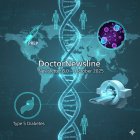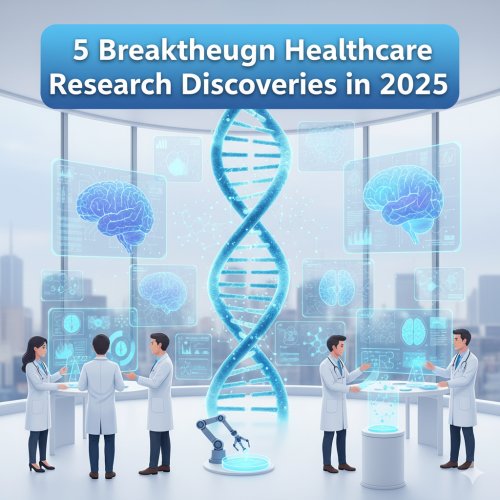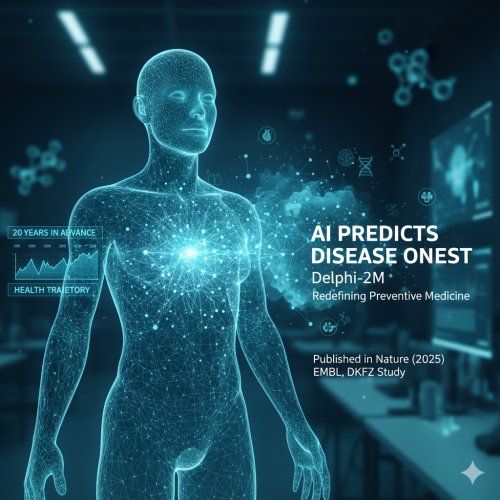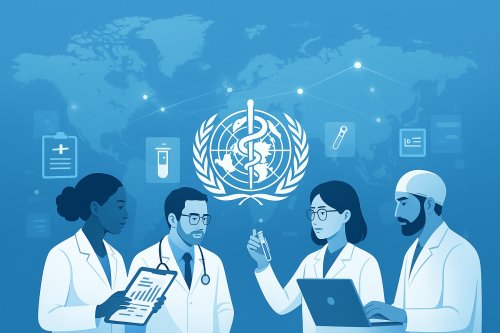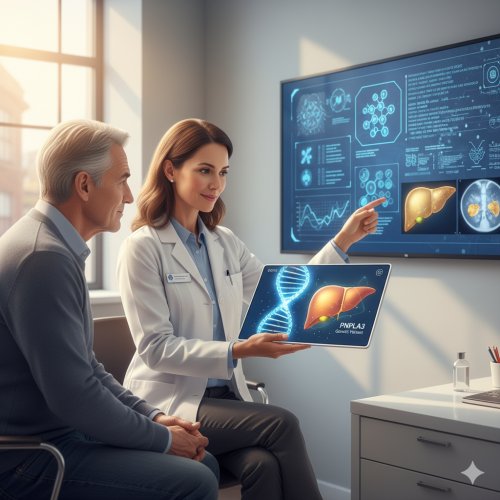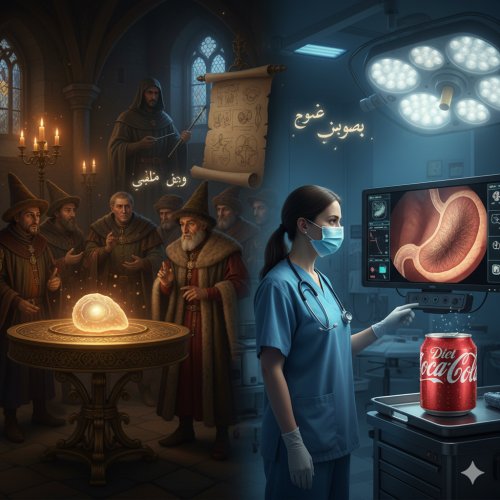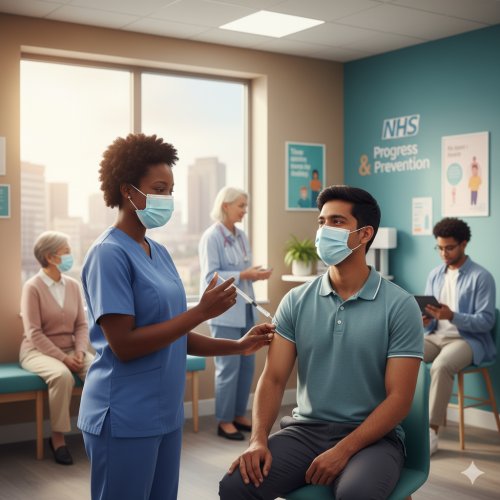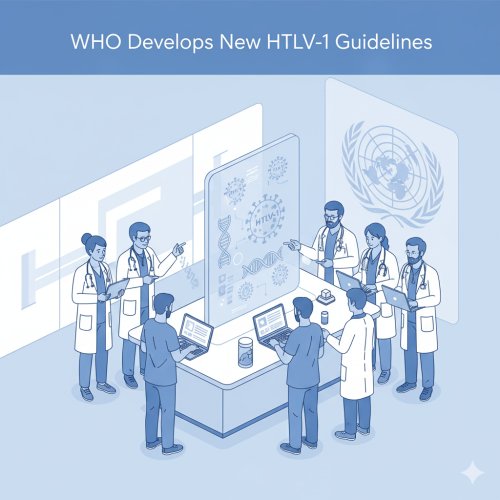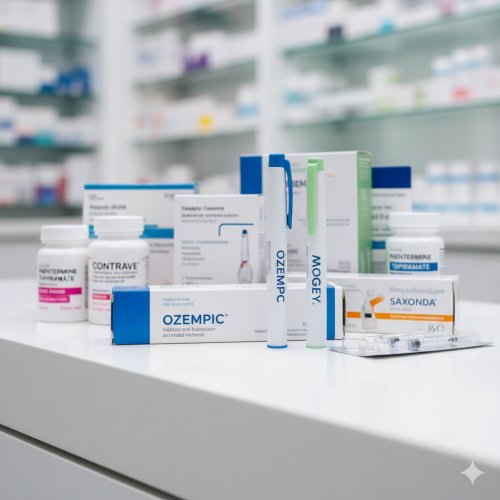Global RETFound Initiative: A New Era of Equitable Medical AI
Discover how the Global RETFound initiative is building the world's first globally representative medical AI foundation model using 100 million retinal images from over 65 countries to reduce bias and improve disease detection.
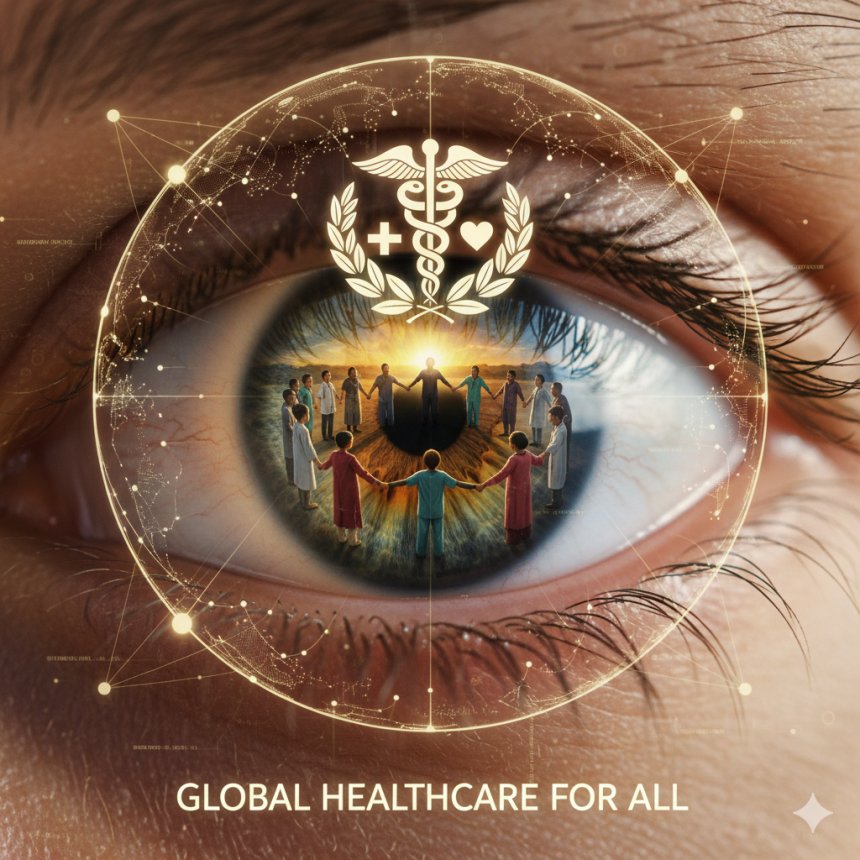
Introduction: Addressing a Critical Blind Spot in Medical AI
In the rapidly evolving field of medical artificial intelligence, a critical problem has persisted: most AI models are trained on geographically and demographically narrow datasets, limiting their effectiveness and potentially perpetuating health disparities. When these models encounter patient populations different from their training data, performance can significantly decline, particularly impacting underrepresented groups in healthcare.
The Global RETFound initiative represents a paradigm shift in medical AI development. This ambitious international collaboration brings together over 100 study groups across more than 65 countries to create the first truly global medical AI foundation model trained on an unprecedented dataset of 100 million eye images . By building a model that reflects the world's diversity, the consortium aims to establish new benchmarks for fairness, accuracy, and generalizability in medical AI, particularly for retinal and systemic disease detection.
The RETFound Foundation: From Proof-of-Concept to Global Expansion
The Global RETFound initiative builds upon the groundbreaking work of the original RETFound model, published in Nature in 2023 . This proof-of-concept was developed by researchers at Moorfields Eye Hospital and UCL Institute of Ophthalmology using 1.6 million retinal images curated by the INSIGHT Health Data Research Hub at Moorfields .
RETFound demonstrated remarkable capabilities as a foundation model for retinal images. Using self-supervised learning on unlabeled images, it learned generalizable representations that could be efficiently adapted to various downstream tasks with minimal labeled data . The model consistently outperformed comparison models in diagnosing sight-threatening eye diseases and predicting systemic disorders like heart failure and myocardial infarction .
The exceptional performance of the original RETFound model across multiple tasks laid the groundwork for its global expansion, demonstrating the potential of foundation models in medicine.
The Ambition of Global RETFound: Scale, Diversity, and Representation
Unprecedented Scale and Diversity
The Global RETFound initiative represents one of the largest medical AI collaborations ever undertaken . The project will utilize retinal images from every continent except Antarctica, with significant representation from traditionally underrepresented regions including Southeast Asia, Central Asia, Latin America, Africa, and the Middle East .
This geographical and ethnic diversity is crucial for developing AI models that work equitably across different populations. As Dr. Tham Yih Chung, Assistant Professor at NUS Medicine and one of the project leads, explained: "Current foundational models are trained on data that is geographically and demographically 'narrow', which limits their effectiveness and can perpetuate existing health inequalities" .
Innovative Data Sharing Framework
A key innovation enabling this global collaboration is a flexible, dual-pathway data sharing framework designed to accommodate varying technical capacities and regulatory requirements :
-
Local Model Fine-Tuning: Institutions with sufficient technical resources can fine-tune generative AI models locally, sharing only model weights centrally while keeping patient data secure on-site.
-
Secure Data Sharing: Institutions lacking local GPU resources or technical expertise can share de-identified data through secure infrastructure.
This inclusive approach ensures participation is possible regardless of resource levels while maintaining strict privacy protections .
Real-World Impact: Enhancing Disease Detection and Screening
The potential applications of Global RETFound span both ocular and systemic diseases, with significant implications for real-world healthcare delivery.
Superior Performance in Real-World Settings
Research has already demonstrated the advantages of RETFound-enhanced models in challenging real-world environments. One study published in npj Digital Medicine evaluated RETFound's performance in community-based fundus disease screening in China . The results revealed that the RETFound-enhanced deep learning model improved sensitivity and specificity by over 15% compared to commercial models .
This performance improvement is particularly significant because community eye disease screening typically produces lower-quality images compared to clinical settings. The study also found that RETFound-enhanced models showed better generalization ability than AI models developed using traditional processes, maintaining higher accuracy when applied to new populations with different data distributions .
Advancing Equity in Glaucoma Screening
Another study published in npj Digital Medicine addressed equitable AI for glaucoma screening using a novel "fair identity normalization" module to equalize feature importance across different identity groups . When combined with RETFound, this approach improved both overall performance and equity-scaled metrics across racial and ethnic groups .
These findings are particularly important given that glaucoma disproportionately impacts racial and ethnic minorities, who are significantly more likely to have undiagnosed and untreated conditions .
Expanding Applications: From Ocular to Systemic Diseases
The Global RETFound model will undergo comprehensive evaluation across multiple disease domains :
Ocular Diseases:
-
Diabetic retinopathy
-
Glaucoma
-
Age-related macular degeneration
Systemic Diseases:
-
Cardiovascular diseases
-
Neurodegenerative diseases
-
Diabetic vascular complications
This broad application scope is possible because the retina provides a non-invasive window into overall health, revealing insights about both ocular and systemic conditions .
Sustainable AI Development: The RETFound-Green Model
In a significant step toward sustainable medical AI, researchers have developed RETFound-Green, an eco-friendly version that matches or exceeds the performance of earlier foundation models while using 95% fewer images and less than 1% of the computing power .
Trained on just 75,000 publicly available color fundus photographs, RETFound-Green achieved comparable results across 119 real-world clinical tasks while costing under £50 to train on a single consumer-grade GPU . This development makes advanced AI model development feasible for smaller research teams with limited resources and demonstrates the potential for greener approaches in medical AI.
Future Directions and Global Implications
The methodologies developed through the Global RETFound initiative are designed to extend beyond ophthalmology, serving as a blueprint for similar collaborative efforts across other medical specialties . The consortium aims to share its approaches widely to lay the groundwork for more inclusive medical AI development throughout healthcare .
The model will be released under a Creative Commons license, making it freely available for non-commercial research worldwide . This open approach aims to accelerate the development of AI tools tailored to local clinical needs with substantially reduced data and computational requirements .
Conclusion: Toward a More Equitable Future in Medical AI
The Global RETFound initiative represents a transformative approach to medical AI development—one that prioritizes equity, diversity, and collaboration from the outset. By building a foundation model that truly represents the global population, this effort has the potential to establish new international benchmarks for fairness and generalizability in healthcare AI.
As Professor Carol Cheung from The Chinese University of Hong Kong emphasized: "This initiative has the potential to establish new international benchmarks for generalizability and fairness in medical AI. By providing researchers worldwide with access to a globally trained foundation model, we can accelerate development of AI tools tailored to local clinical needs with substantially reduced data and computational requirements" .
The project demonstrates how international collaboration can advance medical AI in an equitable way while addressing growing concerns about AI bias in healthcare. For researchers, clinicians, and patients worldwide, the Global RETFound initiative offers hope for a future where medical AI serves all populations equally, regardless of geography or ethnicity.
References
-
Tham Y.C. et al. Building the world’s first truly global medical foundation model. Nature Medicine (2025). DOI: 10.1038/s41591-025-03859-5
This is the primary protocol paper for the Global RETFound initiative, outlining its rationale, consortium framework, and data-sharing methodology . -
Zhou, Y. et al. A foundation model for generalizable disease detection from retinal images. Nature 622, 156–163 (2023).
This original paper details the development and performance of the first RETFound model, which serves as the foundational proof-of-concept for the global initiative . -
Ran, A. et al. RETFound-enhanced community-based fundus disease screening: real-world evidence and decision curve analysis. npj Digital Medicine 7, 108 (2024).
This study provides real-world validation, showing that RETFound-enhanced models significantly improve sensitivity and specificity in community-based screenings compared to commercial models . -
Zhang, K. et al. Equitable artificial intelligence for glaucoma screening with fair identity normalization. npj Digital Medicine 8, 46 (2025).
This research explores techniques to improve equity in AI models for glaucoma screening, showing performance improvements when combined with RETFound across different racial and ethnic groups . -
The Chinese University of Hong Kong (CUHK). CUHK pioneers the world’s first globally representative medical AI foundation model. (2025).
Official press release from a lead institution, offering key details on the project's aims and leadership . -
Moorfields Eye Hospital NHS Foundation Trust. First medical AI foundation model with globally representative data. (2025).
Official announcement from another lead institution, providing context and quotes from project leads . -
University College London (UCL). Building the world's first truly global medical foundation model. (2025).
Press release confirming UCL's role and the project's build upon the original RETFound success . -
Evans, A. AI Without Borders. The Ophthalmologist (2025).
A journalistic interview with a project co-author, offering insights into the initiative's motivation, data safeguards, and future roadmap . -
Clarity. Eye images to inform global AI medical foundation model. (2025).
A news article summarizing the initiative's launch and its core objectives . -
EMJ Reviews. Over 100 Nations Join Global AI Model to Redefine Bias and Diversity in AI. (2025).
A news piece highlighting the scale of the collaboration and its potential impact on redefining bias in medical AI .




